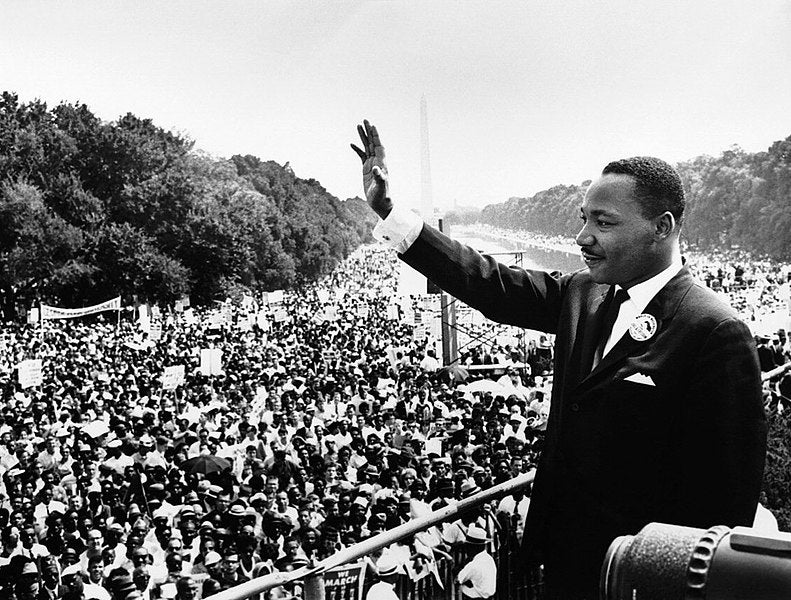In response to last night’s State of the Union address, Aspen Institute program directors are reacting to President Barack Obama’s promises to tackle some of the biggest issues facing the nation today. Below, Tara Maller, associate director of strategic communications at the Aspen Institute Franklin Project responds to the president’s vision for national service.
Last night, during the State of the Union address, President Obama told the US populace that “citizenship demands a sense of common cause; participation in the hard work of self-government; an obligation to serve our communities. I know this chamber agrees that few Americans give more to their country than our diplomats and the men and women of the United States Armed Forces.”
While I agree with the sentiment expressed by the President, more needs to be done to turn this vision of citizenship into a reality.
The Franklin Project believes our country needs to do a better job of actually putting these ideals of service into action. Less than 1 percent of the US population serves in our nation’s military. Solving the challenges we face here at home and overseas requires the mobilization of significantly more service-oriented hearts and minds. Service is not just the responsibility of our men and women in uniform or those serving at diplomatic posts overseas; it is a responsibility that falls on each and every one of us.
A dramatic cultural transformation in how our country views national service has the ability to transform both the state of our union and the role we play in the international community in the decades ahead of us. The Franklin Project’s mission is designed to help institutionalize this responsibility and transform the way young Americans — and our nation at large — view national service. Essentially, we aim to make national service a rite of passage for all young Americans.
Unfortunately, right now, demand to participate exceeds the supply of funded service opportunities and is far lower than the levels needed to promote a culturally transformative generational paradigm shift in how we view public service. For example, last year the Corporation for National and Community Service, which supports AmeriCorps programs, reported that there were 582,000 applications for 83,000 national service positions. The Franklin Project has a goal of creating a million full-time civilian national service positions. Reaching this goal requires not just expanding programs like AmeriCorps to the levels mandated by law, but also growing national service opportunities across departments and agencies to meet public needs in education, healthcare, conservation, and veteran re-integration.
The Franklin Project is working with partner organizations, higher education, the private sector and the government to build national service capacity in the United States. As part of this effort, we’ll be working on an online technology platform, creating a national service certification system and pushing for significant increases in the number of one-year national service opportunities in our country for young Americans between the ages of 18 to 28. This campaign will not only transform the lives of the individuals who serve, but it has the potential to help rebuild our economy, instill a sense of civic duty in young Americans, build leadership skills, and foster a greater sense of giving back — both domestically and globally.
National service is not just about our nation, but it is also about our place in the world. The benefits of national service do not end at our own borders. Programs like the Peace Corps are invaluable for shaping future foreign policy leaders and the sense of civic duty and sacrifice it fosters helps America lead by example. These programs have the potential to foster a greater sense of global citizenship that could impact the trajectory of US foreign policy down the line with regard to humanitarian crises overseas, international negotiations on a wide range of issues, and unforeseen security threats.
We need to truly reinvigorate our concept of citizenship. Polling over the last few years has shown millennials to be more civically engaged than the generation before them in terms of voting & volunteerism. In another poll by Zogby, he also argues that “First Globals” — a term analogous to millennials — are more likely to see themselves as global citizens and he notes that 71 percent say it is important to them to do something to improve the world. We need to leverage this civic spirit by committing to a true transformation in the way our country views civilian national service. The state of our union will be a lot stronger when future Presidents can speak about a real transformation in national civilian service here at home and not simply lofty ideals about what citizenship demands of us.

